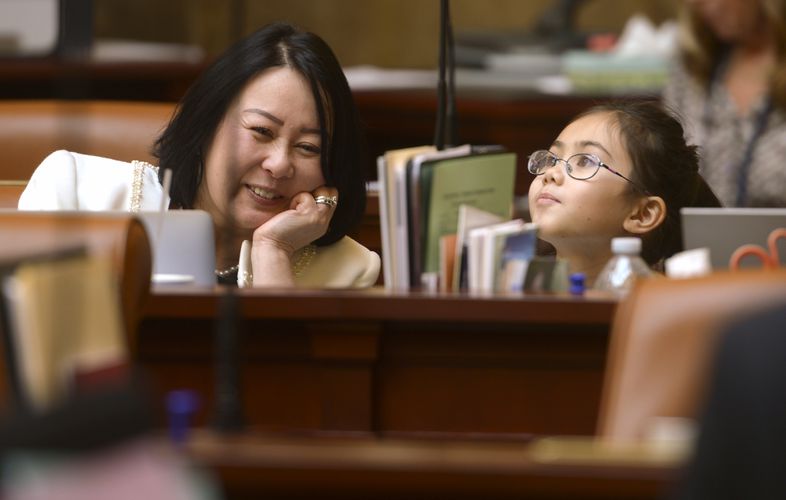The hope is that schools could notice trends about who is being targeted by harassment and address it, said Rep. Sandra Hollins.
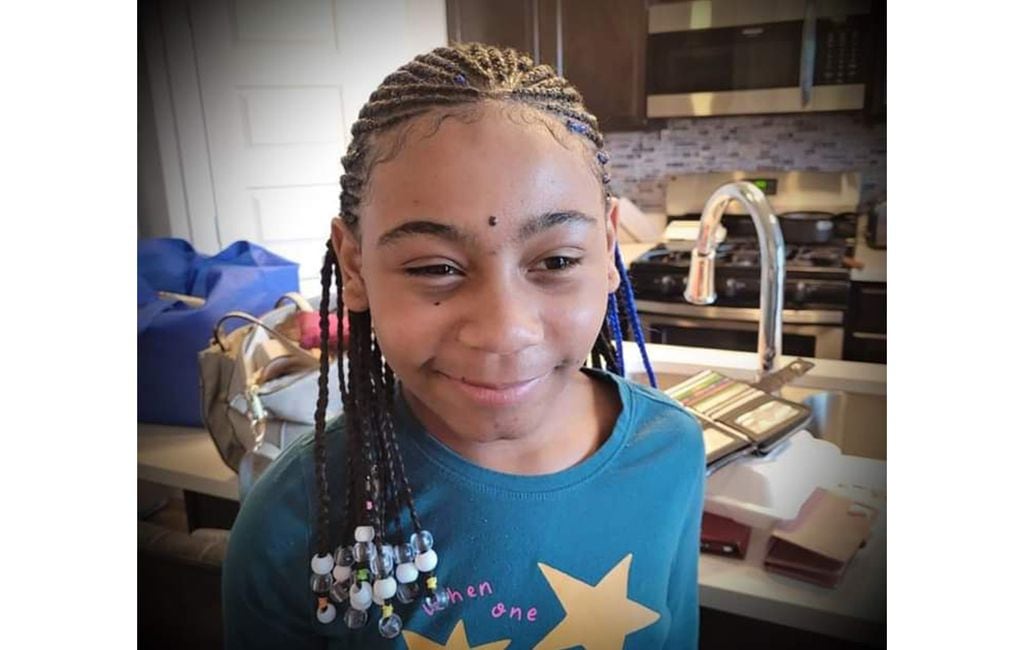
After the recent death of a 10-year-old Black girl by suicide, a Utah lawmaker is proposing that all public schools be required to track demographic data on cases of bullying to determine whether students of color in the state are being targeted.
Rep. Sandra Hollins, D-Salt Lake City, said during an emotional committee hearing Friday that as a Black mother, she was devastated to hear of Izzy Tichenor’s death, which drew national attention. She attended the funeral in November, where she said she promised Izzy’s mother that she would work to prevent another case like hers.
“It just tugged at me,” Hollins said. “We have a problem with racism in our schools. … And we cannot lose another life as a result.”
She is sponsoring HB428, which got initial approval from the House Education Committee on Friday with an 8-3 vote. Hollins was originally calling the measure “Izzy’s bill.”
In November, Izzy died by suicide after her mom said she faced severe bullying at her northern Utah school over the color of her skin and for being autistic.
Brittany Tichenor-Cox has said that she had reached out to Davis School District several times to talk about how her daughter was being harassed by both classmates and a teacher. But, she said, she was ignored.
Tichenor-Cox spoke briefly about her experience during the committee hearing. “This just means a lot because no other mother should have to go through this,” she said from a Zoom feed.
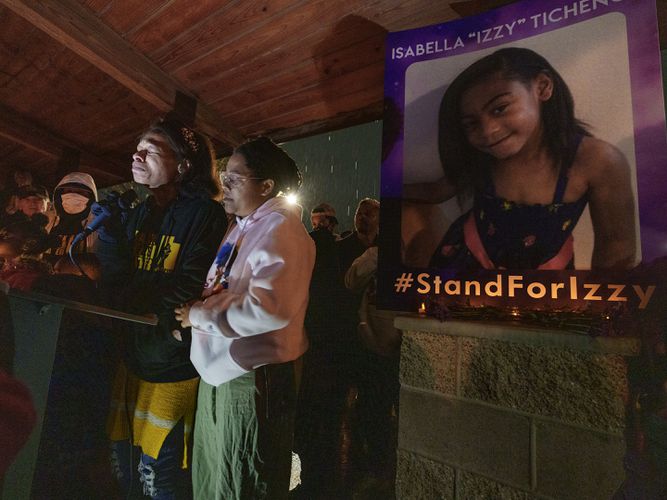
The death of Izzy, who was in fifth grade, prompted many in the Black community to speak out about discrimination across the state, but especially in Utah schools. And it came shortly after the U.S. Department of Justice issued a scathing report on Davis School District’s serious mishandling of reports of racism there.
Investigators found that district administrators intentionally ignored “serious and widespread” racial harassment for years — failing to respond to hundreds of reports from Black students after they have been called slaves, the N-word, and heard threats that they would be lynched.
Hollins said that cannot be allowed and that all school districts in the state — not just Davis — need to do more to prevent bullying and harassment. She said it’s happening everywhere.
“People of color want to protect their kids in the school system as well,” she said.
Since she started drafting the bill, a second Utah child died by suicide. Drayke Hardman, who was 12, died on Feb. 10. His parents say he was also bullied at his Tooele charter school, though it wasn’t race-related.
Following his death, Hollins has expanded her bill to include him, as well.
“We all were shocked to learn that a 10-year-old in our community and a 12-year-old in our community decided that death was better than going back to school,” she said. “I wanted to make sure that no other kid in our schools felt unsafe.”
What the bill does
The anti-bullying measure originally required schools to track the race of students who are harassed.
But the version passed Friday expanded beyond that. Now, all schools would need to collect data on a bullied’s students race, gender, age and disability status.
The primary aim is still for schools to be informed if students of color are being targeted and to take action, Hollins said, including in systemic situations like Davis School District. And that includes with bullying, cyber-bullying, hazing and retaliation.
She hopes, though, that all demographics will be studied for trends. She wants districts to use the information to better respond to cases and protect students with targeted interventions.
“We need to be able to know what is happening and know the story to be able to implement plans in our school system,” she said.
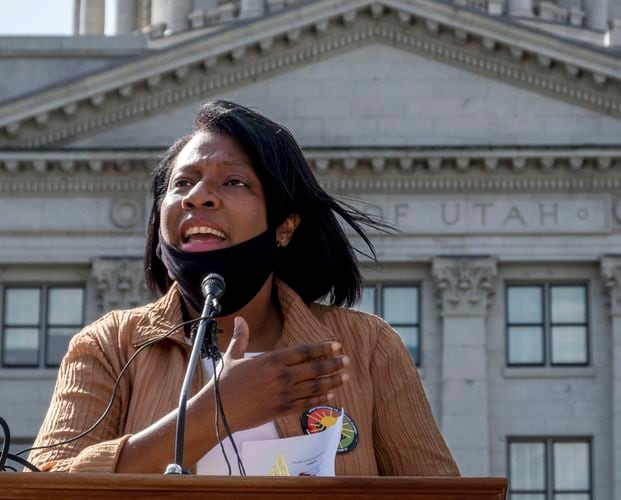
The data will be collected by adding extra questions to climate surveys — one conducted by the Utah State Board of Education and the other by the Utah Department of Health — already given annually to students in the state.
Those surveys are opt-in, which means parents have to agree to let their child participate in them. They already ask for those demographics on other questions. Now, the surveys would include questions on whether bullying was related to those identifiers.
Elizabeth Garbe, the senior director of government relations and public policy for United Way of Salt Lake, a nonprofit agency that supports Utah’s low-income families through education and access to social services, helped Hollins in drafting the bill.
She said this will be a chance for the surveys to incorporate the voices and experiences of those at school being hurt — who have not always been listened to, and their data hasn’t ever been directly collected statewide. Currently, the Utah State Board of Education only tracks discipline for bullying and where bullying takes place, such as in school parking lots or restrooms.
“There’s a data piece that’s been missing: that’s of the person who’s had harm done to them,” confirmed Patty Norman, the deputy superintendent of student achievement.
Garbe wants districts to use that new feedback to focus on the victim in their solutions.
Additionally under the bill, all districts will need to adopt a general plan to reduce harassment and bullying. And all administrators will be required to go through training from the Utah State Board of Education on prevention.
In support of HB428
Several parents at the committee meeting spoke about how their kids had been bullied.
Scott Ulbrich, who is also a board member for United Way, said when his son was attending school in Utah, he was harassed for liking the arts and theater. Choking up, he recalled how his boy used to tell him about the places he had found to hide during lunch so he wouldn’t have to face it.
Ulbrich said he went to the district at the time to tell them what was happening and remembers being told: “Boys will be boys. Maybe your son is just not a fit for our school.”
He transferred his son out, and they found a more supportive school. But he wishes he didn’t have to go through it.
Hollins said there can be many reasons a student is bullied; she worries when those attack a fundamental aspect of the character of a kid, such as their race or religion.
She said she also was bullied when she was going to school over the color of her skin. It has had lasting impacts.
“It took me a long time to believe in myself because of some of things that kids said to me,” she said.
She said she talked to three current students, too, who were worried about attending the committee hearing and speaking out for fear of further harassment. “They suffer in silence because they’re afraid,” she said. “They just go to school, and they take the bullying.”
Tichenor-Cox, Izzy’s mom, has said her other children who still attend school in Davis District have been called the N-word repeatedly. She choked up during the hearing Friday.
She said it’s time that the state “take care of those who can’t speak for themselves.”
Several lawmakers on the House Education Committee joined them. Rep. Melissa Ballard, R-North Salt Lake, said her child experienced bullying over religion when the family lived out of state.
And Izzy’s family, she said, lives in her jurisdiction, so she has seen the pain and response to that. “I know there has been a lot of concern of, ‘Now what do we do?’” Ballard said she sees Hollins’ bill as a first step forward to recognizing the issue.
Rep. Judy Weeks Rohner, R-West Valley City, started crying as she talked. She said her son died by suicide in 2012. “It needs to change, and we need to change with it,” she said.
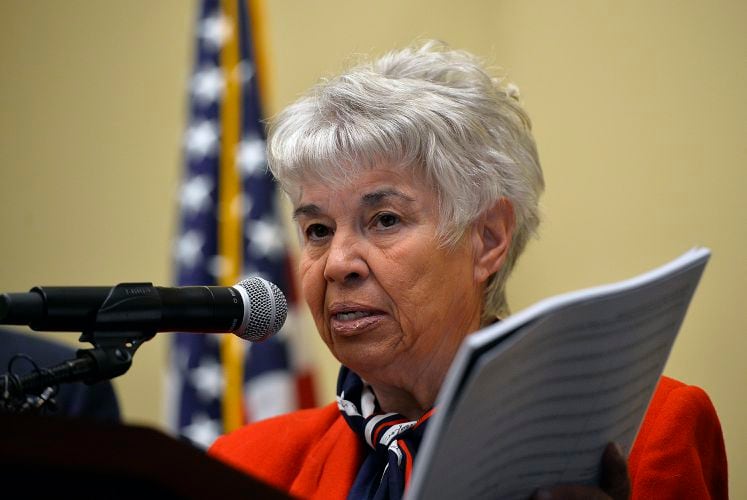
Those opposed
Those who spoke against the bill said they didn’t feel it would make a difference, they didn’t want data collected and they feared it would create a “tattle tale system.”
Becky Hope, a mother of four kids who attend Davis School District, said she hasn’t liked the Department of Justice’s intervention there and she thinks it has caused students to turn on each other. She sees HB428 as a “slippery slope” where situations will be made into a bigger problem.
Rep. Steve Waldrip, R-Eden, countered Hope by reading a passage directly from the DOJ report on Davis that highlighted the pervasive issues found in the district and how students of color were ignored.
“This is unconscionable in our state and our society that we are letting kids go through this,” he said. “This can’t go on. We have to do better.”
He said he would like to see the bill refined in the next week before the session ends, but he supports the effort.
Rep. Adam Robertson, R-Provo, said he didn’t think the bill was ready for approval, though, and voted against it, along with Republican Reps. Susan Pulsipher and Christine Watkins.
Robertson said there are various reasons why students are picked on — including being smart or not excelling in school. He said some of those are impossible to measure and believes schools already have existing policies in place to respond to bullying.
Instead, he said, he would rather see a bill about schools teaching “the appropriate way to deal with things.” Robertson said that included “sometimes when you just have to stand up for yourself.”
Jennie Earl, a mother and a member of the Utah State Board of Education, said she didn’t support using the surveys for bullying questions because she doesn’t believe they were designed for that and can’t determine if an issue is pervasive. That can only come from a school doing an investigation, she added.
What’s next
Hollins said she plans to make some updates to the measure before it goes next to the full House for consideration. She and others said the bill can’t wait until the 2023 session for approval.
“We have to have them feeling safe and feeling like they belong there,” Hollins said.
Rep. Karen Kwan, D-Murray, said she first became a representative after a student died by suicide at Bennion Junior High seven years ago.
These deaths are traumatic for the family, for the students and for the community. “We can’t wait another year,” she said, “and the possibility of losing another child.”
